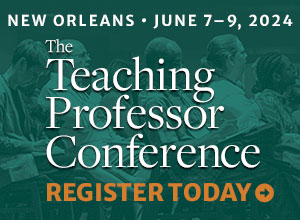Dealing with Students Who Hate Working in Groups
Some students tell us they hate groups—as in really hate groups. Why do faculty love groups so much, they ask. I work hard, I’m smart, I can get good grades by myself, these students insist. Other students are a waste. I end up doing all the work and they get the good grade I earned for the group. Why do you, Professor Byrnes, make me work in a group. I hate groups!


